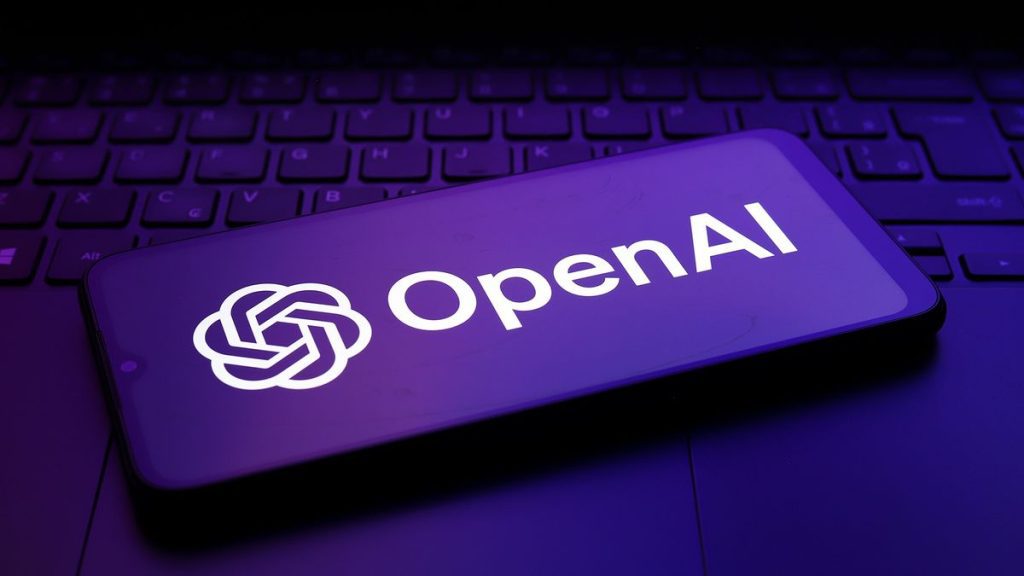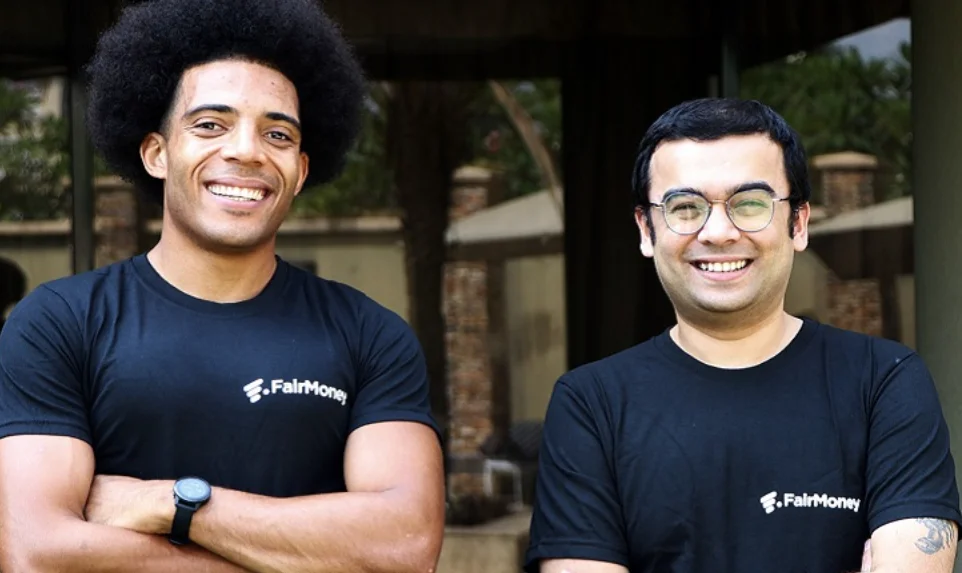OpenAI has entered an agreement to acquire Windsurf, an artificial intelligence-powered coding tool formerly known as Codeium, for approximately $3 billion, according to Bloomberg News. The deal, which has not yet officially closed, would mark OpenAI’s largest acquisition to date. While OpenAI has not commented on the matter, Windsurf has yet to respond to media inquiries.
This acquisition represents a strategic effort by OpenAI to expand its AI capabilities and strengthen its position in the increasingly competitive world of AI-assisted programming. By adding Windsurf’s advanced coding tools to its portfolio, OpenAI aims to enhance ChatGPT’s performance in code generation and developer productivity.
Windsurf’s Meteoric Rise from Startup to Multi-Billion Valuation
Windsurf has experienced rapid growth over the past year. In August 2024, the company secured $150 million in a funding round led by General Catalyst, which valued the startup at $1.25 billion. Other prominent investors, including Kleiner Perkins and Greenoaks, backed the company’s vision and growth trajectory.
More recently, Windsurf engaged in fresh fundraising talks to raise capital at a $3 billion valuation. OpenAI’s decision to match that figure through acquisition underscores the platform’s potential and market appeal. By bringing Windsurf under its umbrella, OpenAI seeks to accelerate development in a crucial sector of artificial intelligence.
OpenAI Targets Developer Tools to Broaden Its AI Reach
Through this acquisition, OpenAI plans to significantly improve the code-writing and debugging capabilities embedded in ChatGPT. While ChatGPT already supports various programming tasks, Windsurf’s technology offers more advanced features. These include intelligent autocompletion, multi-language support, and seamless integration with widely-used developer platforms such as Visual Studio Code.
By combining Windsurf’s specialized tools with ChatGPT’s powerful language models, OpenAI will deliver a more comprehensive solution for software developers. This move positions OpenAI to compete more effectively with established rivals like GitHub Copilot (powered by Microsoft), Amazon CodeWhisperer, and Replit Ghostwriter.
Building on a Series of Strategic Acquisitions
This deal aligns with OpenAI’s ongoing strategy of acquiring startups that enhance different aspects of its ecosystem. Last year, the company purchased Rockset, a search and analytics database startup, in a nine-figure stock transaction. That acquisition improved the infrastructure behind OpenAI’s enterprise solutions.
With the Windsurf deal, OpenAI shifts its focus to software developers, aiming to provide tailored tools that simplify and accelerate the programming process. By investing in these high-value assets, OpenAI continues to build a robust and versatile platform that serves both consumers and businesses.
User Growth Fuels Demand for Smarter Developer Features
OpenAI’s decision to pursue Windsurf comes as user engagement continues to surge. By February 2025, the company surpassed 400 million weekly active users, up sharply from 300 million in December 2024. This rapid growth reflects the rising global demand for AI tools that assist with not just general tasks but also technical functions like coding and software development.
By integrating Windsurf into its lineup, OpenAI aims to attract even more developers and solidify its dominance in the AI-powered programming space. The acquisition gives OpenAI the edge it needs to deliver faster, smarter, and more reliable code-generation tools to users across the globe.
Regulatory Outlook and Industry Impact
Although the acquisition has not yet closed, regulatory scrutiny may follow due to OpenAI’s expanding influence in the AI sector. However, industry analysts believe the deal will likely proceed without major hurdles because Windsurf remains relatively small in size compared to larger tech giants.
If finalized, the deal could spark a wave of consolidation in the AI developer tools space. Competing companies may rush to form partnerships or pursue acquisitions of their own to keep pace. Ultimately, OpenAI’s bold move sets a new standard for how leading AI firms can combine talent, infrastructure, and innovation to redefine software development.












